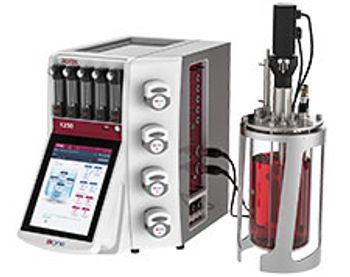
The BIOne 1250 bioprocess control station from Distek is a benchtop-scale bioreactor for mammalian and microbial models.

The BIOne 1250 bioprocess control station from Distek is a benchtop-scale bioreactor for mammalian and microbial models.
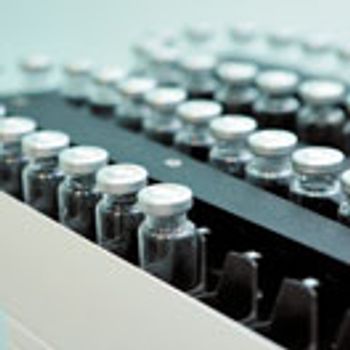
The author reviews current approaches to sterile containment and compares several sealed transfer and barrier techniques, including isolators, restricted access barrier systems, and split butterfly valve technology.
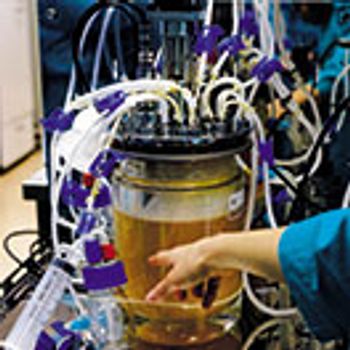
Traditional barriers between upstream and downstream bioprocessing are slowly starting to break down, as biopharma embraces more advanced analytics and process control.

The new resin used a combination of “jetting” technology and a high-performance Protein A ligand.

The company’s next-generation ultraperformance liquid chromatography platform is designed to meet the evolving laboratory requirements for chromatographic performance.

Automated robotic arms manipulate nested trays and containers inside closed aseptic filling systems.

The acquisition expands Micromeritics’ portfolio of products and solutions.

The India Expo Mart in Delhi will host CPhI and P-MEC India with expected attendance of 50,000.

The company will provide the first FlexFactory manufacturing platform for cell therapy manufacturing.
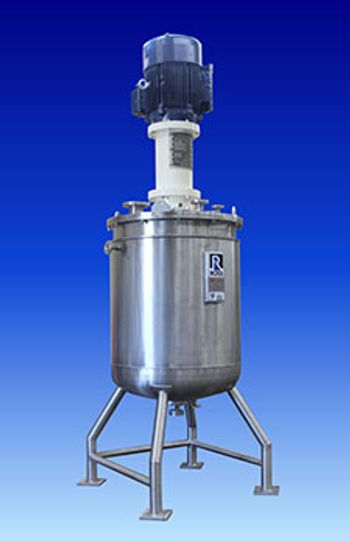
Ross Charles’ 300-gallon process vessel is suitable for 5-psi internal pressure at 300 °F and is agitated by a disperser blade driven to 1150 rpm by a 75HP explosion-proof motor.
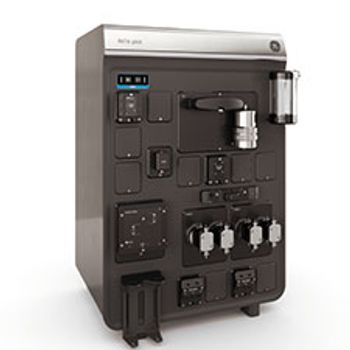
The ÄKTA pilot 600 from GE Healthcare is a lightweight bench-top chromatography system suited to streamline both GMP and non-GMP everyday operations.
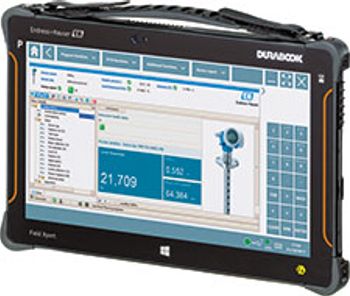
Endress+Hauser’s Field Xpert SMT70 is a tablet PC suited for commissioning and maintaining field instruments in hazardous and non-hazardous locations.
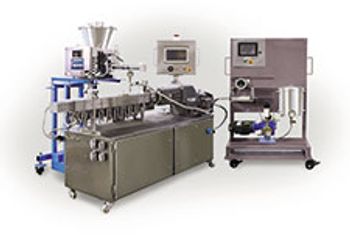
Leistritz has added a continuous twin screw extrusion system that continuously mixes and conditions gel-mass formulations designed to replace previous upstream batch processing methodologies.

National Institutes of Health (NIH) researchers combine two microscope technologies to create sharper, faster images.

The new kit is expected to detect a broad spectrum of pyrogens while offering high reproducibility and sensitivity as well as eliminating the need for live animal testing.

Bosch Packaging Technology will introduce its newest R&D device for continuous oral solid dosage production at Achema 2018.

The company’s new UV-1900 UV-VIS spectrophotometer incorporates features that improve usability, regulatory compliance, and performance.

Bosch Packaging Technology’s capsule filling machine for small batches of hard capsules uses a fully automated, washable containment process.

The updated version of Schubert-Pharma’s Flowmodul unit for packing units into flowpacks features cleanability.

Bosch Packaging Technology will present its new modular freeze dryer at Achema 2018.

This marks the third FDA approval for the company’s second biomanufacturing plant in Incheon, Korea.

Glatt Ingenieurtechnik has added compact continuous agglomeration equipment and new control systems to its "modular plant engineering" portfolio.

Optima will also display the freeze dryer CS and the sterility test isolator STISO at the show.

The gene therapy company is expected to invest $55 million in a new manufacturing facility that will produce therapies for rare neurological genetic diseases.
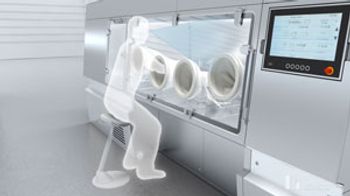
The sterility test isolator (STISO) for testing aseptically filled drug products and for testing toxic aseptic drugs (STISOtox) from Metall+Plastic, a subsidiary of Optima, are modular and ergonomically designed.